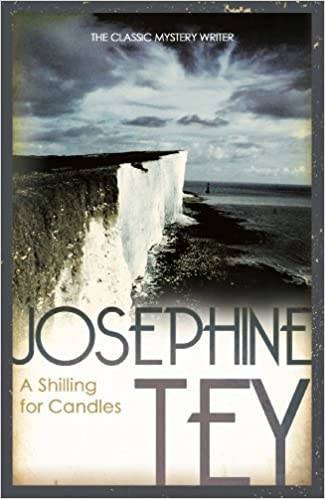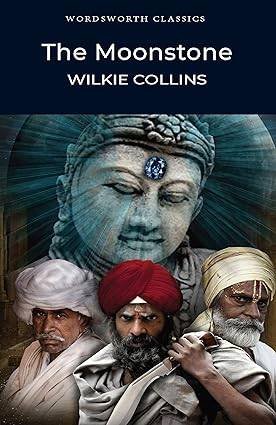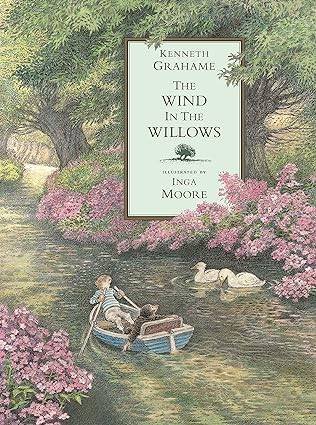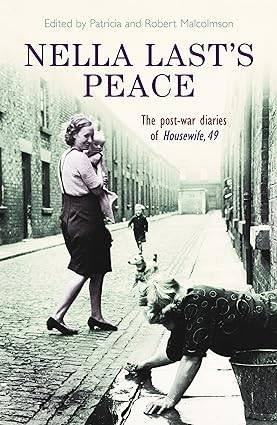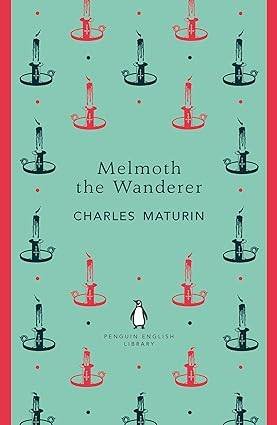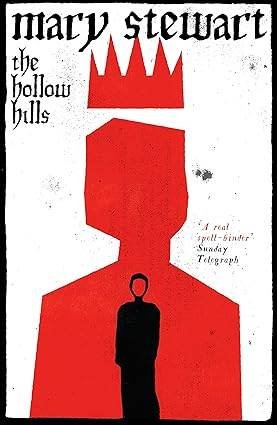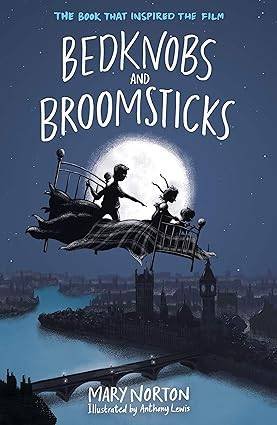Home » Book Reviews » Josephine Tey » The Man in the Queue by Josephine Tey
Possible spoilers ahead
I do love Josephine Tey’s books, I am currently working my way through them all. This is apparently the first book featuring Inspector Grant, and I do really like him as he seems quite different to other detectives in books, being a big thinker and mulling things over rather than racing about, and he’s also open-minded and has self-doubts, he seems quite a gentle and empathetic man.
A man is killed with a knife whilst standing in a queue outside a theatre, and as the victim is propped up by the tight queue of people then his death is only discovered when the theatre doors open and the crowd surges forward and the man then falls down. He has no identification on him, and as no-one saw the murder happen or saw the murderer, there is very little for Inspector Grant to go on. The famous actress starring in the theatre show is Ray Macarble. Oooh, what an appealing beginning to a story!
Grant catches Lamont, the man he suspects of killing Sorrell (the murdered man in the queue). But then when Lamont tells his side of things, Grant begins to believe him and to doubt his guilt. Ooooh, I also began to believe Lamont, and where I was so convinced of his guilt before, I am now beginning to think he could be innocent. And I think the reader being allowed to see Grant’s thoughts and doubts is an interesting technique as it makes me feel closer to Grant, and I like that he’s not a know-it-all detective, superior to the reader with a magical sense of knowing the identity of the guilty person, he’s just a regular person who does the best he can with the facts he’s got and is willing to accept he could be wrong. And I also like that he treats Lamont like a person, not just a criminal, he shows him respect, even wanting to avoid arresting him at the house with other people there, and while walking along with him he treats him like a gentleman. Grant is a gentleman himself, he listens to Lamont and is willing to learn and to revise his thoughts about him, he doesn’t just have a closed mind towards Lamont and the situation, and he is very empathetic and tries to put himself into the mindset of others.
Grant then discovers that it was actually Mrs Wallis who was the murderer. She was the woman ahead of Sorrell in the queue, and she is Ray Macarble’s estranged mother. She sensed that Sorrell was planning to kill Ray out of jealous obsessive love because Ray had rejected him, so she killed him first. Ooooh, that was a shocker, such a great twist, and good that it takes Grant as much by surprise as the reader. Again, I love the fact that there is no superiority of Grant over the reader, or clues that are teasingly placed to mislead the reader but which Grant understands. But I have to admit that does make it feel a little unfair, as there is no way to guess the solution (or at least I felt there was no way I could have guessed it), as the only possible clue was a faint hint that Ray recognised the description of the dagger, but then Ray and Mrs Wallis are never mentioned again. Some of the coincidences are a little mean too, I felt, and possibly a bit of a stretch, such as that Lamont had an injury on his hand in exactly the same place as the murderer did, and that Mrs Radcliffe who had booked a ticket on the same ship as Sorrell had the same initials as were on the hat brooch which Sorrell had made for Ray.
There were lots of descriptions of London in this book, more than in her later books, so I found that interesting. And I found it fascinating when Grant went to Scotland and how that changed things, with the scenery there being so different from London for both him and Lamont, and how they both had to adapt to that.
I am intrigued with the word ‘I’ appearing lots in this book, it felt like Tey was sharing with us her view of Grant, particularly at the end of the book when Tey apparently commented to Grant on the mystery, “I said to him…”. I kind of felt that it made it seem more real, like a biography, or like she’s Watson recording Holmes’ successes. It’s an unusual technique, and I can’t quite decide what it means and why she did it, but it’s very interesting.
Grant’s character seems to be just forming in this book, and it was good to learn more about him and his interests, and he’s such a methodical person. I liked his interest in people’s handwriting and the clues that can be gained from studying this. I was reminded of Dorothy L Sayers’ detective books about Lord Peter Wimsey, when reading this book, as she also provides lots of insights into the character of her detective, such as in Busman’s Honeymoon which is one of my favourites.
I loved this Inspector Grant book, it was thoroughly enjoyable, and I loved Tey’s writing and her unusual detective and her unusual and memorable writing style. It’s a real standout book for me and I feel I want to immediately re-read it again now I know the solution (and to see if there were actually more hints given that I, and Inspector Grant, missed first time round!). So the next Tey book I have chosen to read is The Singing Sands, and I also have Brat Farrar and To Love and Be Wise on my shelf to treat myself too.


